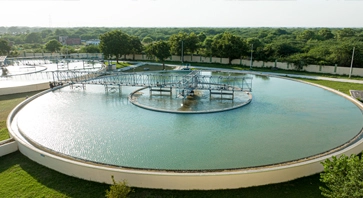OVERVIEW
The Triveni business philosophy is rooted as much in inclusive progress as it is in profitable growth. We believe that we are responsible for the well-being of the communities that are in proximity to our manufacturing facilities and therefore, make sustained investments in their social welfare and economic empowerment.
Our Corporate Social Responsibility (CSR) framework extends across a multitude of initiatives aimed at the socio-economic development of the farmer-partners of our sugar business. We are also engaged in rural infrastructure development to provide people in nearby villages with access to basic amenities. Sports promotion is another area of our CSR intervention.
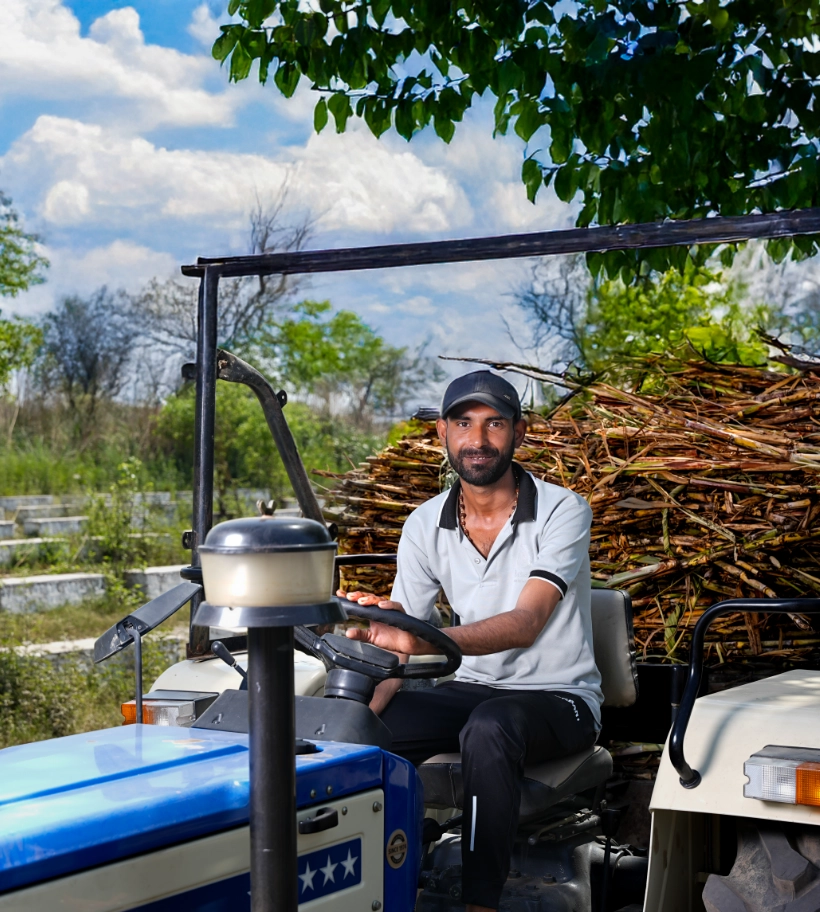
Triveni Foundation
We have set up Triveni Foundation in 2020 intending to carry out CSR projects in a more focussed manner. The scope of the Foundation will be enlarged going forward. During FY 24, the Foundation undertook the following projects under the CSR programme of the Company -
A) Environment Sustainability
- Soil Health Analysis and Fertiliser Incentive Program
The Company implemented soil health analysis and fertiliser incentive programme among the farmers community in order to support the environment sustainability and maintain ecological balance of the soil.
- Developing, applying innovative methods, tools, and techniques to enable improved
water management
Under this project, Triveni Foundation provided funding support to CII Triveni Water Institute for this project which is focussed on raising awareness, of diverse stakeholders on usage of innovative methods, state-of-the-art tools and world-class techniques that meet international standards and enable appropriate decision-making for water resource planning in India.
B) Promoting Sports
Supporting Football for Children and Youth in Villages/Small Schools: Triveni Foundation provided support to India Youth Soccer Association (IYSA), an NGO promoting football among the economically backward section of the society. IYSA implemented Josh Rural project under which they supported boys, girls and coaches in villages and small-town Football Academies in North India with kit, footballs & training equipment
C) Healthcare Mobile Vans (Mobile Chiktisa)
The Company through Triveni Foundation is running four mobile healthcare vans (Mobile Chikitsa) in the nearby villages of sugar units in the state of Uttar Pradesh to facilitate community-based healthcare projects in association with Jubilant Bhartia Foundation (JBF) targeting around three lakh farmers.
OTHER CSR PROJECTS
We also undertook the following projects directly under the CSR programme during FY 24 including:
The Company supports schools at Khatauli, Deoband and Ramkola which provide free/ subsidised education to children from the local communities. The Company also provided computers to the schools in order to upgrade the education standards at these schools.
Support to Nursing SchoolAs part of the CSR projects relating to promotion of education and women empowerment, the Company provided financial support to the Nursing School of a hospital to improve teaching standards.
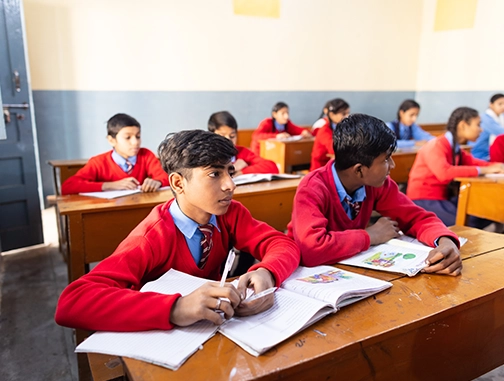
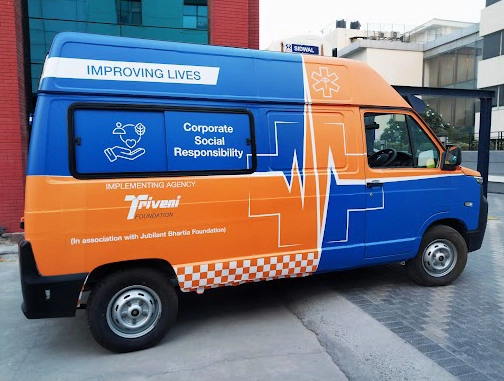
The Company organised a programme to promote healthcare in women, especially of the lower socio- economic strata in Delhi. Under this project, the hospital provided free investigations and medical advice/consultation to the women from lower income groups of Delhi.
Preventive Health Check-up Programme for Young GirlsIt also supported a project under which Screening of Developmental & Behavioural Problems in children was undertaken and consultants provided advice for preventing these problems and promoting healthcare in children, especially of the lower socio-economic strata in Delhi.
New-born Screening ProgrammeThe Company organised a programme for core screening of new-borns especially who belong to the lower socio-economic strata. The core screening included Congenital Hypothyroidism (CH), Congenital Adrenal Hyperplasia (CAH), Glucose 6-Phosphate Dehydrogenase Deficiency (G6PD) and Oto Acoustic Emission (OAE) for hearing loss.
OVERVIEW
With the levels of environmental damage reaching alarming levels, Triveni's business value proposition is infused with a philosophy of inclusive and sustainable development. Our aim is to provide a favourable, safe, and healthy environment to our employees, supported by a robust Corporate Social Responsibility (CSR) policy for fostering community development and social empowerment.
At the heart of our sustainability-led strategic charter is a multi-pronged approach, crafted to the future needs of society. We believe in and remain committed to the promotion of conserving the natural ecosystem for our future generations.
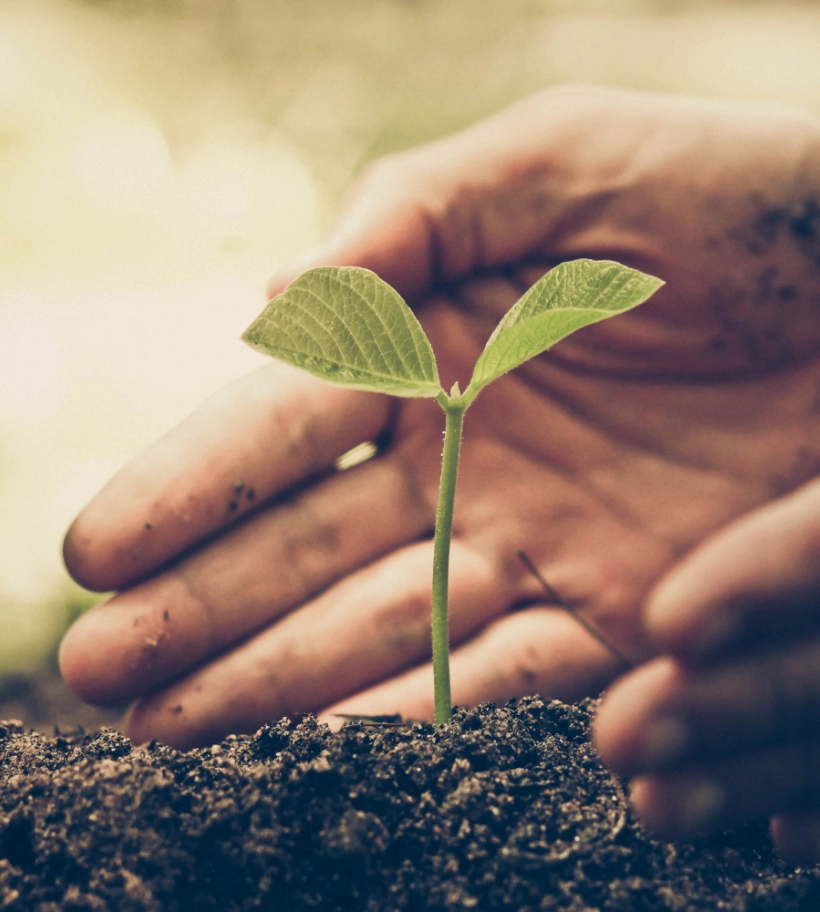
SUGAR BUSINESS
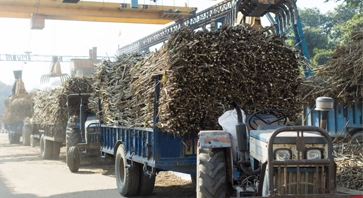
In our sugar business, we adhere strictly to sustainable business practices. A C4 crop, sugarcane captures a large amount of CO2, thus helping to combat climate change. The co-products from our sugar operations are used for generating power and producing biofuel ethanol and Extra Neutral Alcohol, while complying to the highest standards of environmental norms. Bagasse is a fibrous residue left after crushing of sugarcane and is a key co-product of the Sugar industry. Being a renewable fuel, it does not lead to any net carbon dioxide addition to the atmosphere, and is thus regarded as green fuel.
WATER TREATMENT BUSINESS
Our water and wastewater treatment solutions are contributing to sustainable water management for the present and future generations. Our strong focus on leveraging technology helps us to ensure sustainable reuse of water and preservation of this precious natural resource. We have partnered with the Confederation of Indian Industry (CII) to set up CII-Triveni Water Institute (CII-TWI), the first of its kind in the world, where Government, industry, and civil society have come together to address water-related issues holistically.
POWER TRANSMISSION BUSINESS

Through our power transmission business, we provide innovative solutions to a wide range of industries, including Biomass and Municipal Solid Waste based Independent Power Plants (IPPs). The exponential growth in these sectors in recent years underlines the growing focus on reducing the environmental impact of business, since the fuels used at the MSW plants are renewable and, hence, eco-friendly.
OVERVIEW
While growth and profitability are strategic goals of our business philosophy, what drives our value proposition is our focussed commitment to EHS. We are constantly striving to go beyond mere regulatory compliance to continuously identify, monitor, assess, and address all operational and systemic risks that pose a threat to the sustainability of our operations.
All our manufacturing facilities are eco-friendly. Our distilleries are zero liquid discharge plants, with safety and environmental features in-built in their designs. We comply strictly with international safety norms. We conduct regular awareness drives and programmes to keep our people and vendors, as well as the communities in our vicinity, aligned with the EHS regulatory framework to which they need to adhere at all times.
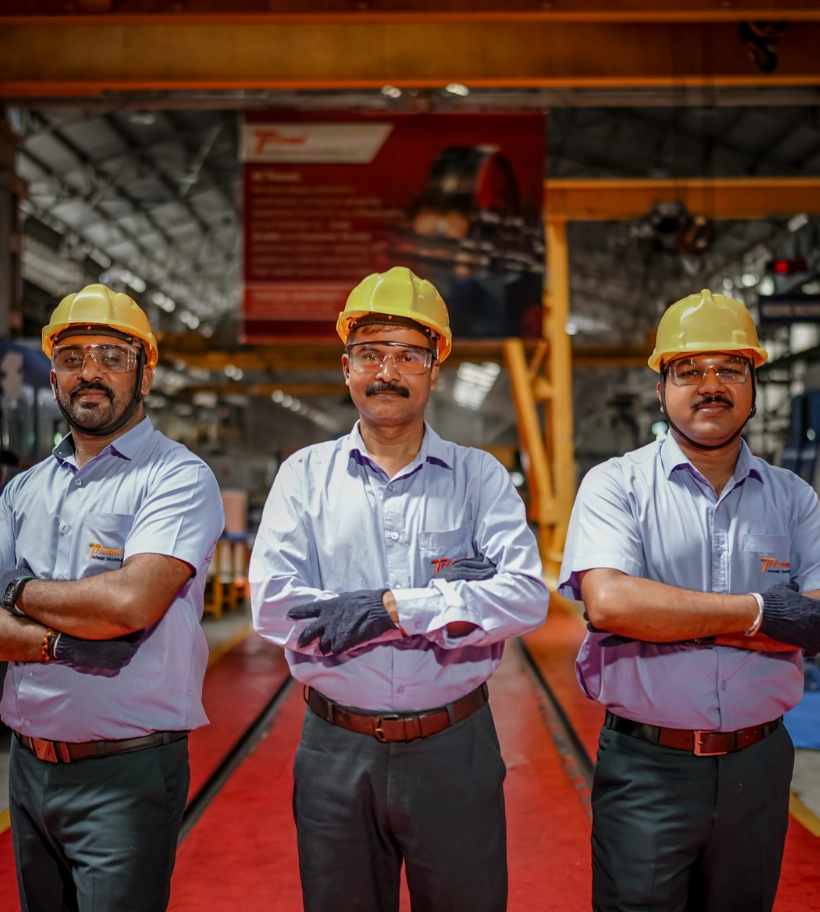
Protecting Environment
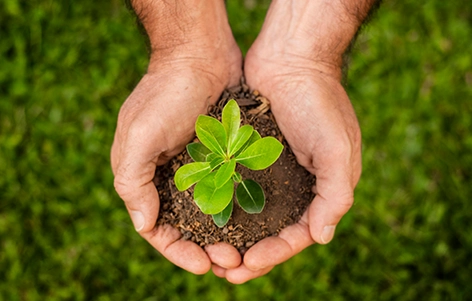
Driven by our philosophy of maintaining ecological balance while ensuring business excellence, we have adopted the best-in-class sustainable practices across our operations and units. Our efforts are geared to reduce carbon footprint, minimise the use and storage of hazardous chemicals, keep air emissions in check, and ensure optimal use of water and other resources. Effluent treatment equipment is used to manage waste. We also undertake periodic assessments and studies to analyse the environmental impact of our business. We have set up an organisation-wide Environment Monitoring Cell to ensure strict implementation and adherence to all legal requirements in respect of environment conservation.
Ensuring Safety
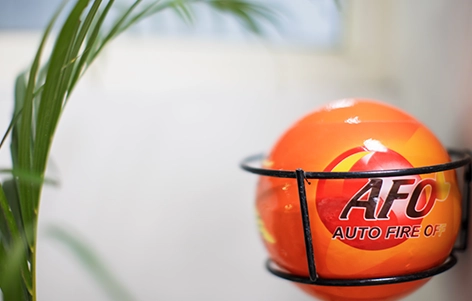
We have a well-defined safety policy and various safety committees to keep employees and communities safe at all times. We take extensive measures to protect our physical and IT infrastructure, with safe emergency shutdown systems incorporated in all processes, machines and equipment. Modern safety equipment and experienced fire/safety teams are in place to meet any emergencies. Comprehensive disaster management and emergency preparedness plans are also in place, while regular safety drills help keep our people well prepared to deal with any situation.

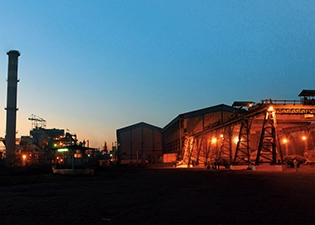

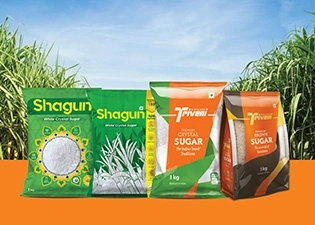

 Back
Back